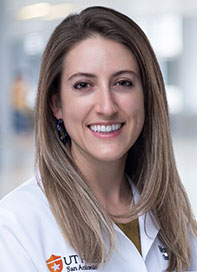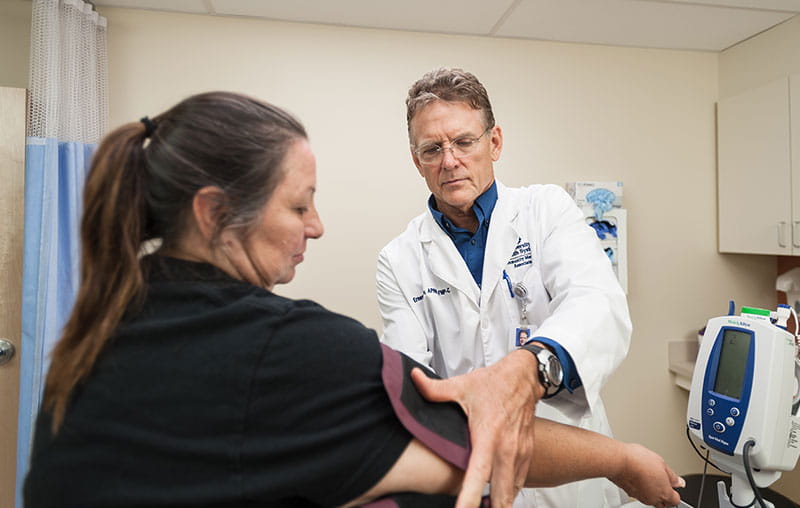Polycystic ovarian syndrome (PCOS) is a hormonal condition that affects an estimated 5-10% of women of reproductive age (15-49). Research shows that women with PCOS are more likely to have insulin resistance and develop Type 2 diabetes.
PCOS and Type 2 diabetes are both tied to the endocrine system, which controls hormone production. While the cause of PCOS is not full understood, doctors believe genetics, insulin resistance and an imbalance of the hormone, androgen, are contributing factors.
PCOS can cause symptoms like:
- Irregular periods
- Male pattern facial and body hair
- Acne
- Weight gain
Keep reading to learn about the connection between PCOS and diabetes and how to manage these conditions with medications and lifestyle changes.
The Connection
PCOS can cause insulin resistance, a major contributor to Type 2 diabetes. The pancreas produces a hormone called insulin, which helps your cells use and store glucose (sugar) from food you eat. If you have insulin resistance, your cells don't process sugar properly, allowing it to stay in your bloodstream, which causes high blood sugar.
If insulin resistance from PCOS is left untreated, it can lead to Type 2 diabetes. Learn how to improve insulin resistance in our blog.
According to this article on PCOS from the Centers for Disease Control and Prevention, more than half of women with PCOS develop Type 2 diabetes by age 40.
Shared Risk Factors
PCOS and Type 2 diabetes may both be triggered or made worse by excessive weight gain and obesity.
Risk factors for PCOS include:
- Too much insulin (caused by insulin resistance)
- Genetics
- Being overweight
- Certain racial groups
- Having Type 1, Type 2 or gestational diabetes
- Taking certain seizure medications
Risk factors for Type 2 diabetes include:
- Living a sedentary lifestyle/not getting enough exercise
- Being African American, American Indian, Asian American, Hispanic/Latino or Pacific Islander
- Being overweight
PCOS and Pregnancy Considerations
While PCOS is the leading cause of infertility in women, it is highly manageable and may not prevent you from becoming pregnant.
However, PCOS may increase your risk for:
- Gestational diabetes (diabetes that develops when you are pregnant and goes away after you give birth)
- Miscarriage
- C-section
- Preeclampsia
Talk with your obstetrician about how to have the healthiest possible pregnancy. Your doctor may recommend:
- Achieving a healthy weight before getting pregnant
- Exercising regularly
- Eating a healthy diet rich in whole grains, lean proteins and leafy greens
- Taking folic acid (vitamin B) to prevent neural tube birth defects
Have concerns about PCOS? Schedule an appointment with one of our women's health experts.
Lowering Diabetes Risk with PCOS
If you have PCOS, you can take steps to lower your risk for diabetes. Ask your doctor if they recommend lifestyle changes, like diet and exercise, or medications, like metformin.
Attending regular visits with your health care team can also detect prediabetes and Type 2 diabetes. Know your A1C number and get tested regularly.
Medications and Treatment Can Help
Metformin is a medication commonly prescribed to treat PCOS because it:
- Promotes weight loss
- Decreases insulin resistance
- Lowers testosterone and androgen levels
- Promotes regular menstruation
- Triggers ovulation
Awareness and Early Intervention
According to the World Health Organization, up to 70% of people with PCOS are undiagnosed. If you believe you may have symptoms of PCOS, it is important to tell your doctor and get screened to confirm a diagnosis.
Like many conditions, PCOS is treatable and manageable if it is caught early. Treating it early can help prevent complications such as Type 2 diabetes, infertility and heart disease.
Women's Health at University Health
Learn more about the women's health services at University Health in San Antonio.





